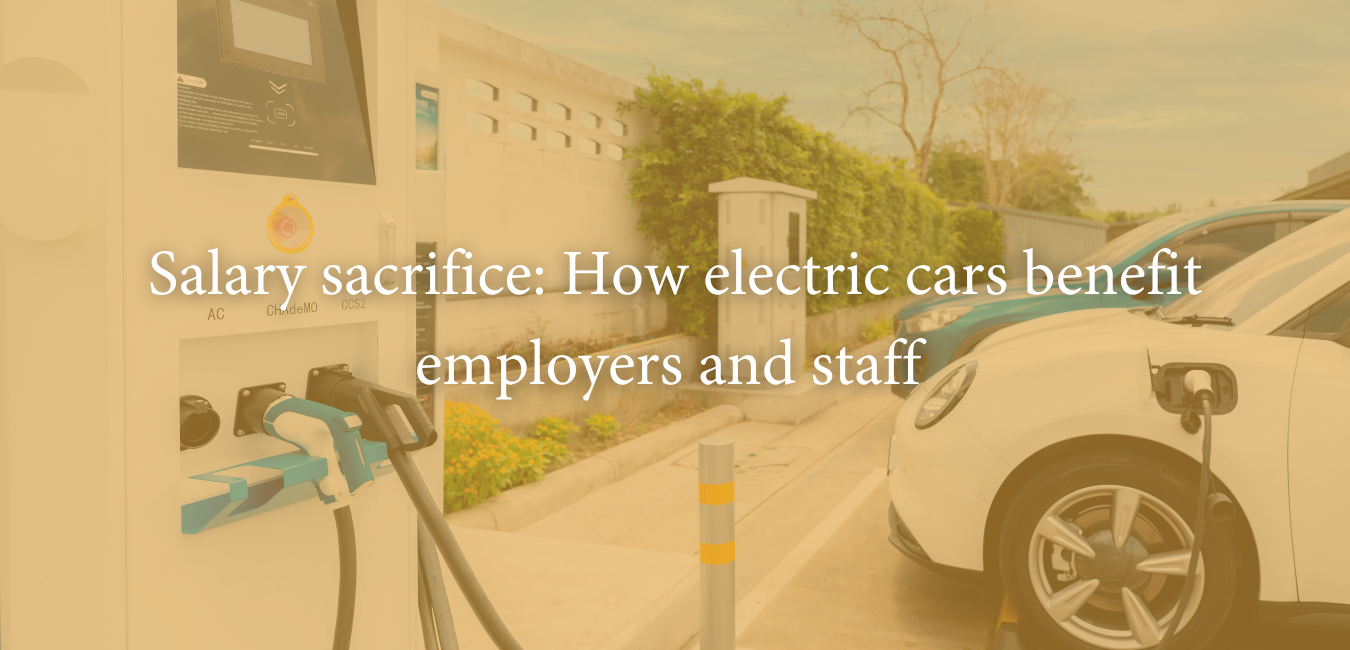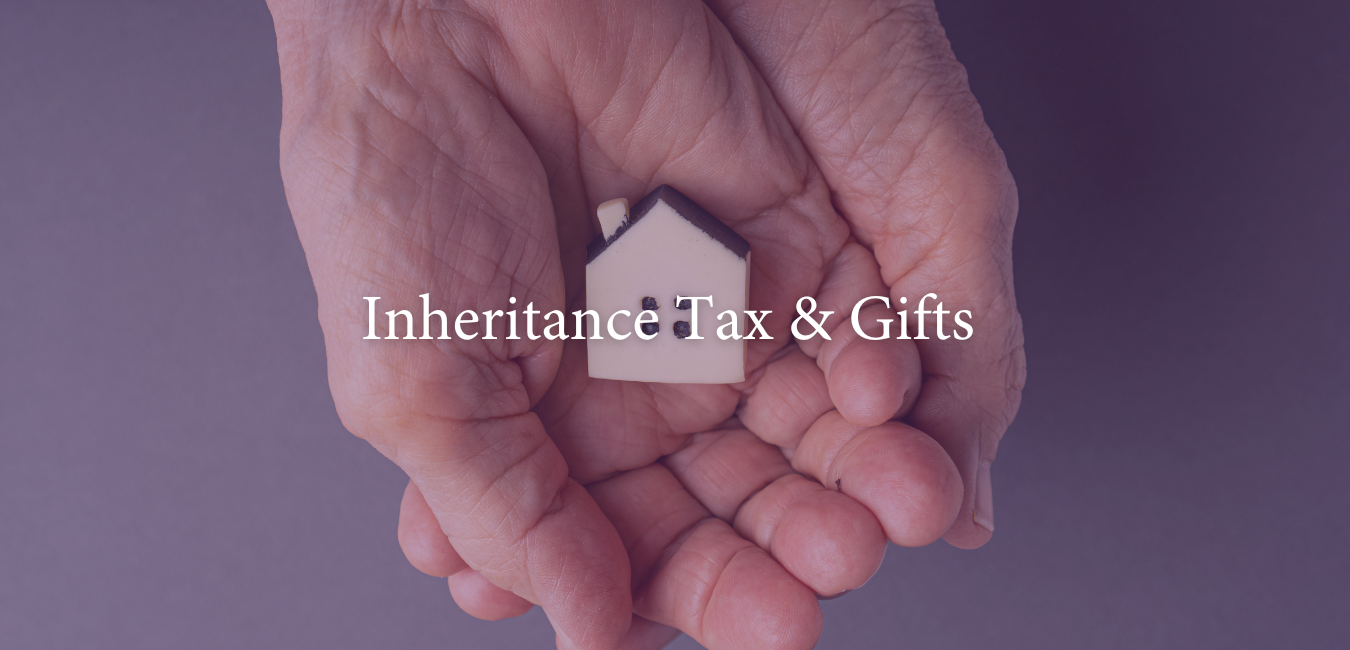Salary sacrifice: How electric cars benefit employers and staff
How electric cars benefit employers and staff
In the current financial climate, making money go further is critical for businesses and for workers.
Although many drivers would consider switching to an electric Vehicle, a recent AutoTrader survey showed that 56% of drivers felt the cost was too high in the current climate.
Many employees who don’t qualify for company car schemes are choosing to stick with petrol/diesel cars, which creates a significant challenge for businesses looking to meet their sustainability goals and reduce their overall emissions.
Car salary sacrifice is an employee benefits scheme that allows employees to lease a car using their pre-tax income.
In this scheme, the employer leases the car on behalf of the employee, and the employee repays the lease payments from their pre-tax salary.
The method provides a tax-efficient way of leasing a car, and the employer and employee can benefit from the arrangement.
The benefits of a salary sacrifice scheme are an effective way of encouraging employees outside of company car schemes to drive electric vehicles.
Incentivising EV adoption through salary sacrifice
Salary sacrifice car schemes can be an attractive solution for businesses that want to incentivise EV adoption. At no cost to the employer, salary sacrifice schemes enable employees to ‘sacrifice’ a portion of their monthly salary (pre-tax) to fund a vehicle’s monthly lease payments.
This means employees who do not qualify for a company car can access a brand-new vehicle – with no upfront payment and no hidden costs.
The car is usually leased through a specialist leasing company, and the lease costs include insurance, maintenance, and other running costs. The employee is responsible for charging costs and any excess charges for damage or repairs.
Employees who can charge at home or at the workplace can also benefit from much cheaper running costs.
Benefits to the employee
Car salary sacrifice can be an attractive employee benefit. It allows employees to lease a car at a lower cost than they could achieve on their own.
The scheme provides a tax-efficient way of leasing a vehicle, and means that the employee pays less tax overall, as the amount of the lease payments reduces their taxable income.
Additionally, all the extra costs – including maintenance, servicing and breakdown cover – are usually included in the vehicle’s monthly lease costs under salary sacrifice.
This means employees do not need to budget for any unexpected costs to keep their car on the road, and the employee will know exactly how much their car will cost each month.
The car is also leased in the employer's name, which means the employee does not have to worry about the hassle of selling the vehicle at the end of the lease period. The employee can return the car to the leasing company and choose a new one if they wish to continue the scheme.
Benefits to the employer
Salary sacrifice car schemes are increasingly viewed as a valuable addition to an employee’s remuneration package. They are a cost-effective way to enhance staff engagement and retention, while also boosting talent attraction.
The scheme can also help reduce the employer's National Insurance contributions, as the lease payments lessen the employee's salary.
The employer benefits from reduced administration costs, as the specialist leasing company handles all aspects of the lease, including insurance, maintenance, and repairs.
Finally, the scheme can help to reduce the environmental impact of the employer's fleet, as employees are incentivised to choose more fuel-efficient cars. This can help the employer to meet its environmental targets and reduce its carbon footprint.
Tax advantages of salary sacrifice schemes
Alongside making brand new vehicles more affordable for employees, salary sacrifice car schemes open access to electric vehicles through attractive tax incentives.
A salary sacrifice scheme not only reduces income tax and National Insurance Contributions (NIC) for employees but for you as the employer, too. And as with any business lease, you may be able to recover 50% of the VAT on the lease costs, further helping your bottom line.
Benefit in kind
The benefit-in-kind tax for electric vehicles is currently just 2% until April 2025. After this, it will rise by 1% each year until April 2028. Compared to petrol/diesel vehicles, this is a significant saving on the benefit in kind tax which could be more than 30% by 2028.
NI Savings
For employers, offering brand new electric vehicles through salary sacrifice schemes also saves money through a reduction in Class 1A NI contributions. Businesses can typically save around £80 to £100 per employee per month on the scheme.
Boosting your Eco-credentials
Salary sacrifice can revolutionise an organisation’s benefits package and help to attract talent when recruiting, while also improving the company’s carbon footprint and reducing costs.
Additionally, having employees driving in fully maintained vehicles reduces safety risks for employees who are driving for business purposes.
Many customers are keen to see the businesses they work with making positive environmental changes. Similarly, job hunters will look at how sustainable potential employers are, so being proactive in this area can make you really stand out above others.
Are all employees eligible for salary sacrifice schemes?
The simple answer is yes. However, employees need to carefully consider the potential implications before deciding on salary sacrifice as a tax-efficient method of maximising their benefits package.
Firstly, deductions taken under salary sacrifice cannot push an employee’s salary below the minimum wage (pre-tax), so those on lower incomes may not be eligible to join the scheme.
Salary sacrifice can also impact some benefits, as it influences ‘take-home pay’, which is often used as the basis for the eligibility criteria for statutory maternity pay and working tax credits, for example.
Can Directors benefit from the scheme?
Yes, salary sacrifice can be a benefit to directors in certain circumstances.
Directors are typically employees of their limited company and may be eligible to participate in a car salary sacrifice scheme.
One of the main advantages for directors is the tax efficiency of the scheme. By sacrificing part of their salary to lease a car, directors can reduce their taxable income and lower their tax bill. This can particularly benefit higher earners subject to higher income tax rates.
What happens to the car if a staff member leaves their job?
In most cases, if an employee resigns, they’ll need to return the car and pay an early termination fee, which is deducted from their final pay. The amount will be based on the cost of the lease and remaining time left on the contract. They’ll also have to pay for any damage or excess mileage fees.
Setting up an electric car salary sacrifice scheme
Schemes are completely free to set up and don’t require the same amount of management as a fleet. Working with a dedicated electric car salary sacrifice provider can help make the transition run smoothly.
Points for consideration
Although car salary sacrifice can be an attractive employee benefit, it is worth noting that the scheme can be inflexible, as the employee is committed to making lease payments for the lease period. This can be a disadvantage if the employee's circumstances change, and they no longer require the car.
While the lease payments include maintenance, and other running costs, the employee is still responsible for charging and any excess charges for damage or repairs. This can result in unexpected costs for the employee.
The information and opinions contained in this article are not intended to be comprehensive, nor to provide legal advice. No responsibility for its accuracy or correctness is assumed by GGM Accountancy Ltd.
Menu
Get In Touch
Tel: 01733 247500
Email: admin@ggmaccountancy.co.uk
Office: Unit 12, Broadway Shopping Centre
Malting Square, Yaxley, Peterborough
PE7 3JJ
Sign Up To Our Newsletter
Contact Us
We will get back to you as soon as possible
Please try again later
Proud Partners Of
Menu
Get In Touch
Tel: 01733 247500
Email: admin@ggmaccountancy.co.uk
Office: 42 Tyndall Court, Commerce Road
Lynch Wood, Peterborough, PE2 6LR
Follow Us On Social Media
Sign Up To Our Newsletter
Contact Us
We will get back to you as soon as possible
Please try again later
All Rights Reserved | GGM Accountancy Ltd | Website designed by Onelink Media









